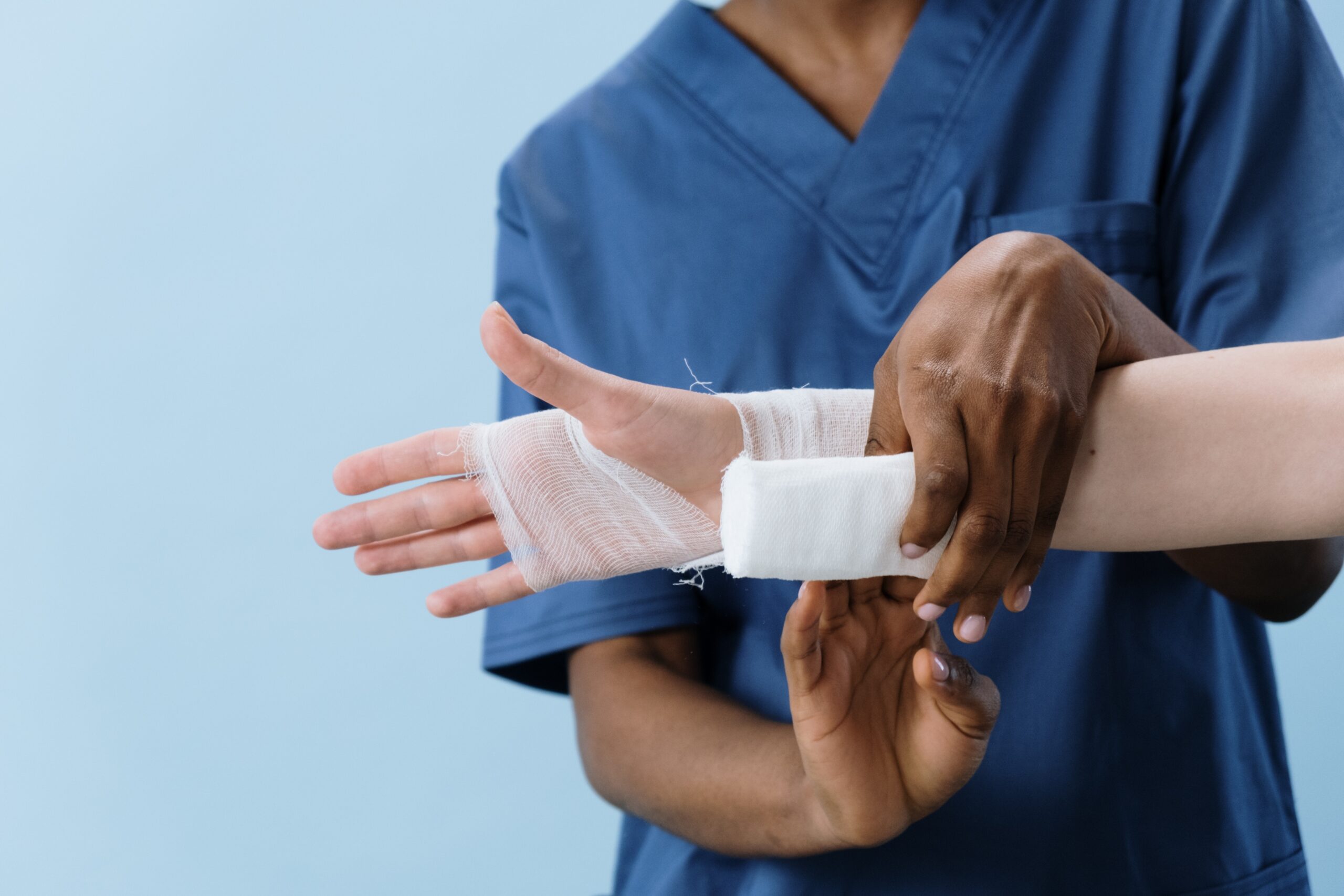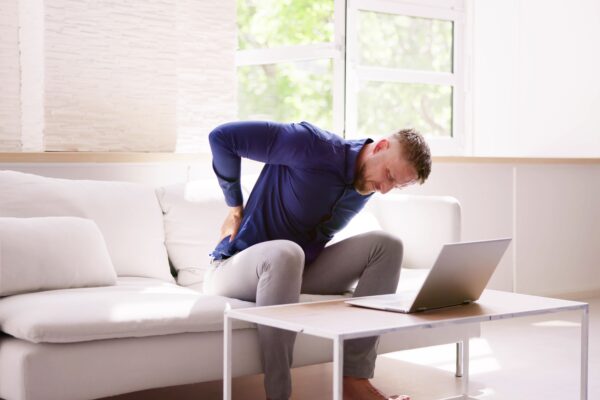There may come a time when orthopedic surgery is needed in your life. Whether from a specific mechanism of injury or good old-fashioned wear and tear, surgery may be warranted. Here are some considerations to help facilitate an optimal healing process and rehabilitation experience.
Sleep: Making sure to get good sleep is very important after surgery. Sleeping is where our bodies get a good bulk of healing done and needs to be prioritized.
Nutrition and Hydration: Proper nutrition for tissue recovery, wound healing, and minimizing muscle atrophy is very important. Minimizing processed foods and increasing nutrient-rich food is the aim.
Cardiovascular and Aerobic Endurance: Establishing a strong cardiovascular/aerobic system before surgery will help facilitate appropriate physiological responses post-operatively. When appropriate after surgery, implementing cardiovascular activity/exercise will help prevent deep vein thrombosis (DVT), minimize chances of constipation associated with medication use, nourish healing tissue, decrease swelling, and promote the flushing of cellular debris in our lymphatic system. Motion is lotion!
Other points to consider after surgery to facilitate a smooth transition between phases of healing:
– Consistency with following post-surgical instructions.
– Avoid postures, positions, and movements that can comprise your surgical repair.
– Manage pain: if you can’t manage pain well, you can’t sleep well. If you can’t sleep well, you can’t heal well.
– Decrease swelling via ice and/or compression.
– Re-establishing the mind-body connection with muscle-setting exercises.
References: https://www.raleighsurgerycenter.com/patient-education/after-surgery/. Retrieved on April 20, 2023
Kisner, Carolyn, and Lynn Allen Colby. “12.” Therapeutic Exercise: Foundations and Techniques, F.A. Davis, Philadelphia, 2007.
Photo by cottonbro studio
About the Author:
Michael Marcello earned his Bachelor of Science degree in Kinesiology at San Jose State University and his Doctorate in Physical Therapy at the University of the Pacific in Stockton. Michael is experienced in sports medicine, orthopedics, and concussion exertional physical therapy. Michael appreciates and utilizes current evidence-based treatment/interventions, continuing education courses, and exercise to promote optimal function and performance. Michael, a Bay Area native, enjoys exercising, watching sports, and spending time with his family and friends. Michael is a 49ers, Giants, Warriors, and Sharks fan as well.



